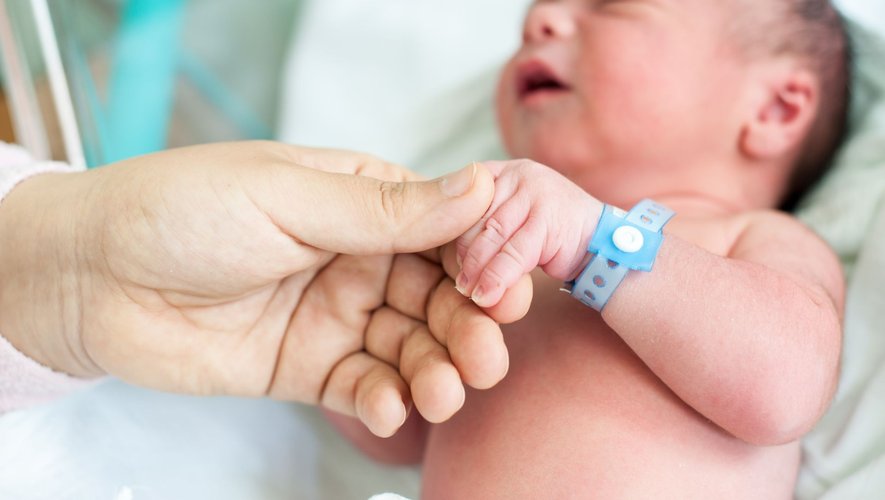A dose of nirsevimab, developed by the laboratories Sanofi and AstraZeneca, would reduce the rate of hospitalization of infants due to bronchiolitis by more than 83%.
Soon a preventive treatment against the epidemic, due to the respiratory syncytial virus (RSV), was even more virulent, clogging the pediatric departments of hospitals.
The Sanofi laboratory, in partnership with the Astra-Zeneca laboratory, publishes this Friday, May 12 the results of a large study on the very first preventive treatment for bronchiolitis. According to the results, nirsevimab reduces the number of hospitalizations for bronchiolitis by 83.21% in infants who received a single dose, compared to infants who did not receive any preventive treatment.
A long-lasting antibody
The study was conducted during the RSV circulation season in 2022-2023, on more than 8,000 babies in France, Germany and the United Kingdom. “Throughout the HARMONIE study, nirsevimab exhibited a favorable safety profile, consistent with the results of the pivotal trials“, says Sanofi in its press release. That is to say that the benefit-risk has always leaned in favor of a dose of nirsevimab.
This medicine is not a vaccine. It’s about “of a long-acting antibody designed to protect all infants against RSV during their first season of exposure to the virus, at a single dose“According to the European Medicines Agency, it is recommended to inject it into the thigh muscle.”It is given once before the start of the RSV circulating season or at birth for infants born during the RSV circulating season“, specifies the Health Agency on its website.
Available in France next year?
The drug, whose trade name is Beyfortus, already received marketing authorization from the European Union in October 2022, which was based on previous studies. For it to be available in France, the High Authority for Health must still give its green light, which could occur before the next RSV circulation season.
Sanofi and AstraZeneca are not alone in the ranks. Moderna is developing a treatment for pregnant women to protect newborns from severe forms of the disease. Recently, the giant GSK received marketing authorization from the American Medicines Agency for a vaccine intended for people aged 60 and over – they too are at risk of serious forms of respiratory disease from RSV. And the European Agency has already given it a favorable opinion.

